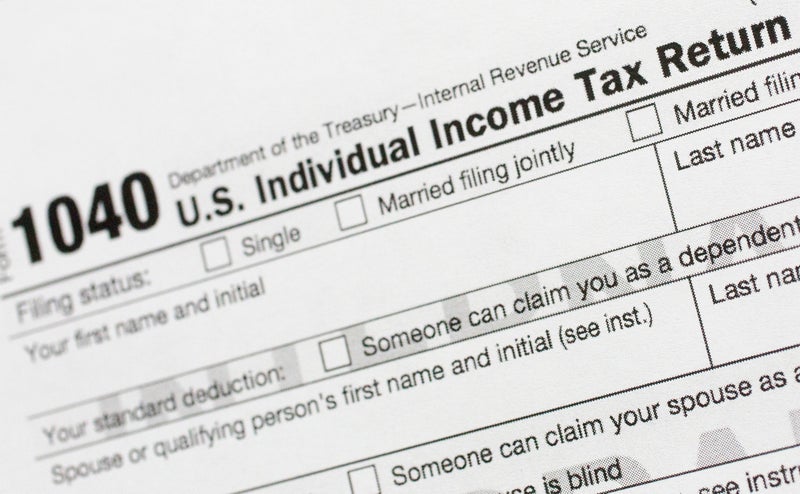A common misconception sees anorexia associated with teenagers, but hormonal and physical changes in perimenopause can also lead to a difficult relationship with food and our bodies. Helen Coffey asks the experts how to spot the signs. It’s absolutely been retriggered and has manifested in slightly more sinister forms. I could feel certain attitudes, thoughts and shame creeping back in.” Kirstie, a 42-year-old commercial lawyer, is talking about her eating disorder. Anorexia first reared its head when she was 12 years old; 30 years later, she’s had to grapple with it again as a result of entering perimenopause.
![[Some women may find that HRT can help them tackle disordered eating]](https://static.independent.co.uk/2025/02/19/13/41/iStock-1466780290.jpg)
After the birth of her daughter 11 years ago, her relationship with food had markedly improved – but this new life stage saw her relapse. Although Kirstie could spot the warning signs, the difficulty for her was physical: she felt nauseous much of the time and suffered from a reduced capacity to eat. Her stomach felt sore; she wanted food less and less. “That just made me think, ‘Well, I can’t eat.’ You know, that food isn’t good for me,” she says.
Kirstie compares the experience of perimenopause to that of puberty. “It’s still so poorly understood, but your digestive system and your body really are more unpredictable,” she tells me. “You feel you don’t actually know what you want, or how to nourish yourself, or what your body needs. And that’s missing from the menopause conversation – we understand that younger girls going through puberty don’t understand their hormones and might be struggling with body image because their body is changing. Well, that vocabulary also applies to someone who’s perimenopausal.”.
Unfortunately, “awareness” is currently a big part of the problem. As is the case for so many issues pertaining to female health, there’s a frustrating lack of research in this area, leading to a vicious cycle in which it’s hard to make the case for resources and funding. “Further research is needed to verify these findings and better assist health professionals in supporting healthy eating behaviours in menopausal women during this complex transition,” according to the 2024 review.
The disorder Goldsmith has noticed grow the most among peri- and menopausal women is orthorexia, “due to the combination of social media and the fearmongering and misinformation about diet, food ingredients and exercise”. As a woman of a certain age, you need only to scroll on Instagram for a few minutes to see what she means; content plugging niche superfood supplements, anti-ageing products and whole-food recipes where every single item is whipped up from scratch by a Stepford Wife so perfect she looks more femmebot than woman lies in wait at every turn.
Add into this toxic mix the huge hormonal changes and physical symptoms induced by perimenopause, and it’s not difficult to understand why a latent eating disorder might be rekindled – or why someone who’d always enjoyed a healthy relationship with their body might suddenly find themselves struggling.
Physically, hormones can manipulate fat storage, cause insomnia, decrease lean muscle mass and exacerbate moods. Many women will notice that their body is changing, despite their eating and exercise habits remaining the same – leading to feelings of “frustration or hopelessness”, says Goldsmith. “This can cause body dysmorphia or create a desire for control that can be an unhealthy focus on food restriction, diets, and/or over-exercise.”.
You feel you don’t actually know what you want, or how to nourish yourself, or what your body needs. Kirstie can particularly relate to this last issue. “You typically are dealing with ageing parents, a stressful job, the mental load of family life,” she agrees. “And then you layer into that an unpredictable physical self and an emotional self…”.
Aside from your body looking and feeling different, the shift in hormones during perimenopause can have a huge impact on mental health. “Menopause” describes the point when a woman hasn’t had a period for over a year; “perimenopause” is the lead-up beforehand, which can last 10 years or more, during which oestrogen, progesterone and testosterone levels fluctuate significantly before declining.
And hormones, as it turns out, can be the key to unlocking why perimenopausal and menopausal women might be susceptible to eating disorders. “Awareness is really important – knowing that hormonal imbalance can have an effect on our brains, on our behaviours, on the way we process, on our relationship with food, alcohol and other things as well,” says Newson. Hormones like oestrogen, progesterone and testosterone can affect other neurotransmitters, such as feel-good dopamine and “reward” hormones. “People get less pleasure in things when they don’t have those hormones,” says Newson.
A lot of behaviours from adolescence can return in perimenopause too; those who struggled with addictions or negative behaviours in puberty might find these bubbling back up to the surface due to hormonal imbalances they last experienced as a teenager. This in itself can make it difficult for women to admit they’re struggling. “I felt a lot of shame and stigma,” Kirstie says of her eating disorder flaring up again. “It took probably a good few years before I could actually say the words out loud, and even then only with a couple of friends who I really trusted and felt wouldn’t judge.”.































